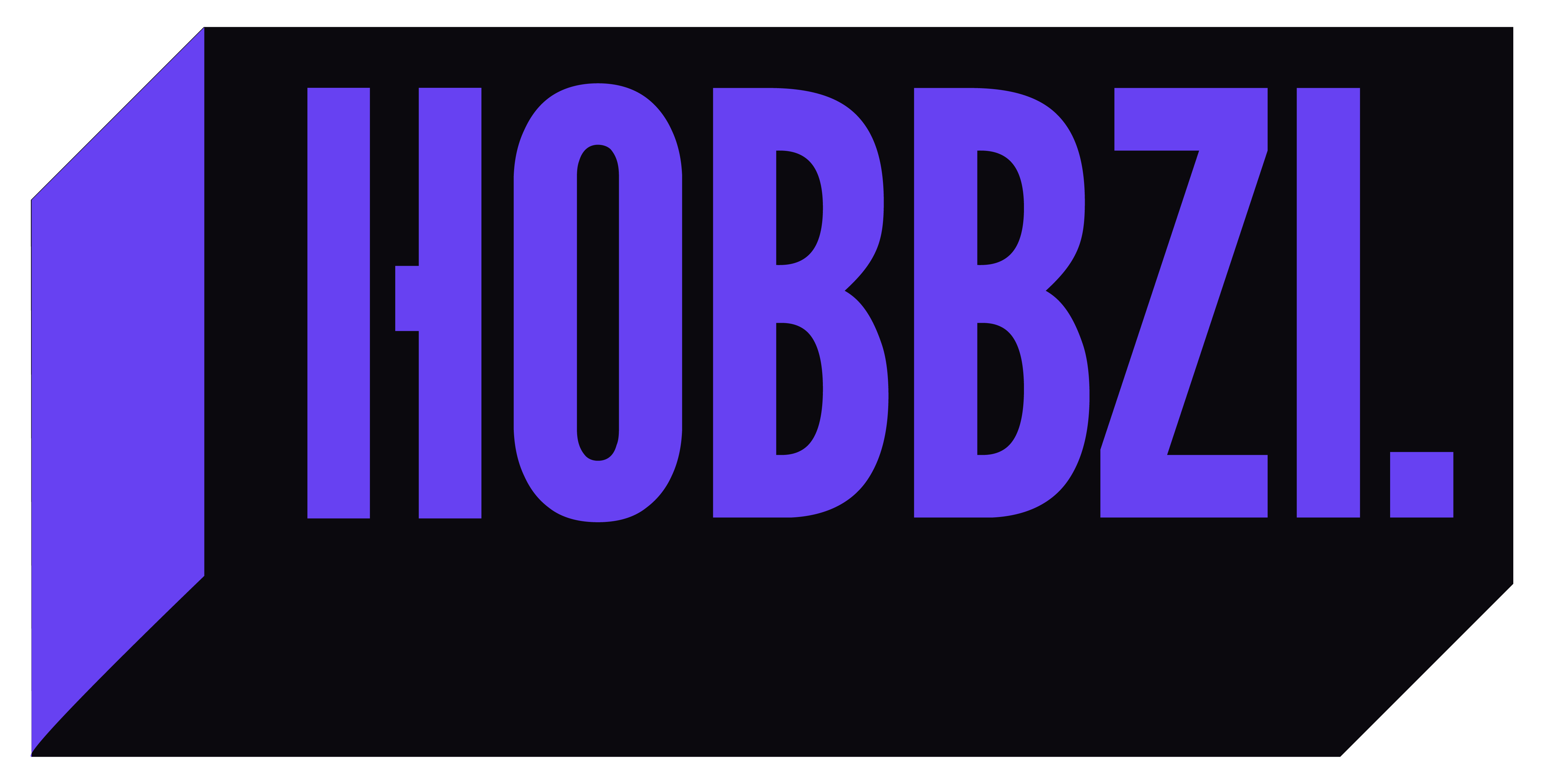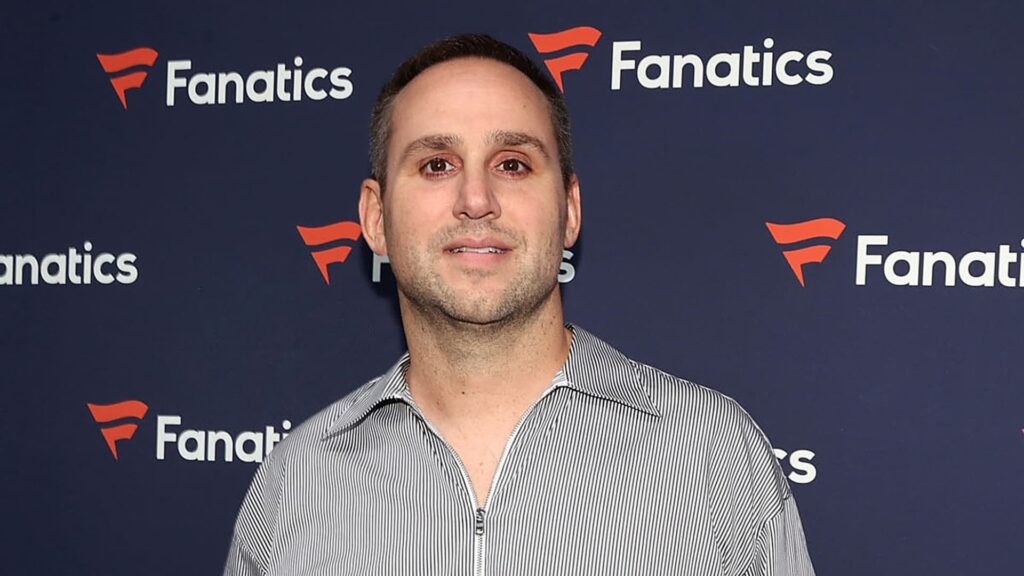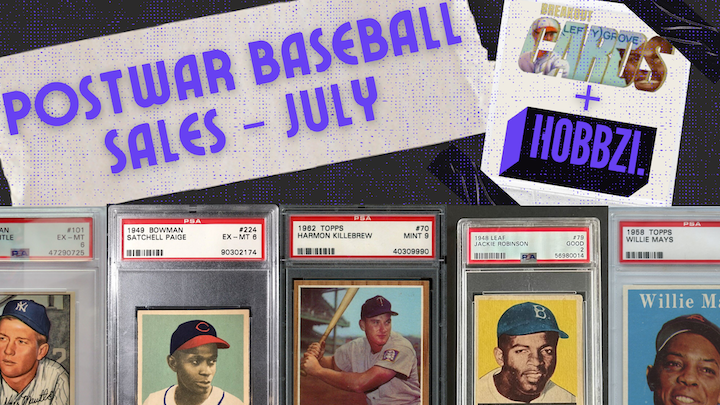Panini America, a prominent sports collectibles company, has filed a federal antitrust lawsuit against its rival, Fanatics, accusing the latter of attempting to monopolize the trading card market since its aggressive entry into the sector in August 2021. The lawsuit, filed in U.S. District Court in Florida, alleges that Fanatics violated federal antitrust laws and state laws by undermining Panini’s business and engaging in disparaging practices against the company.
The suit highlights Fanatics’ strategic move in 2021, wherein it secured exclusive long-term deals with player unions from major leagues like the NFL, NBA, and MLB, as well as the leagues themselves. These unprecedented agreements, spanning up to 20 years, are deemed anti-competitive as they consolidate all three major sports trading card markets under Fanatics’ control.
David Boies, Chairman of Boies Schiller Flexner, the law firm representing Panini, points out that Fanatics’ actions resemble those of a typical monopolist, as the deals effectively shut out competition and potentially harm consumers. Fanatics’ trading card enterprise saw rapid growth, reaching a valuation of over $10 billion just a month after its launch, which took both enthusiasts and established players in the trading card industry by surprise.
Topps, a renowned card-maker with existing relationships with MLB and MLBPA, was compelled to abandon its plans to go public due to Fanatics’ unexpected takeover. Similarly, Panini, which had been expanding in the market with deals involving the NBA and NFL, learned of the deals only through media reports.
The lawsuit argues that Fanatics’ monopoly on licenses for major U.S. professional sports leagues will enable them to control and increase prices for trading cards, adversely affecting consumers, competition, and the public at large.
In response to the lawsuit, Fanatics contends that Panini’s business model is outdated and claims that the leagues and players unions chose to partner with Fanatics due to its potential for industry growth. The leagues and unions also received stakes in Fanatics’ trading card business as part of their agreements.
Notably, in January 2022, Fanatics further accelerated its expansion into trading cards by acquiring Topps’ trading-card business for $500 million, further solidifying its position in the market.
Panini alleges that Fanatics engaged in a “pressure campaign” to force Panini to sell itself to Fanatics, and the bidding process for licenses was irregular and excluded them from making pitches to the leagues and their unions.
Panini America, a subsidiary of the Italian company Panini Group, has shown considerable growth over the years, increasing its trading card business from $200 million in 2017 to over $1 billion in 2022. In the past, Panini and Fanatics had a business relationship, with Fanatics supplying player jerseys for premium cards. However, Fanatics threatened to terminate this supply arrangement in May of the current year.

The lawsuit also accuses Fanatics of trying to undermine Panini’s current business before its licenses expire by acquiring a controlling stake in the trading card manufacturer GCP, which is responsible for over 90% of Panini’s trading-card production. Fanatics allegedly restricted Panini’s supply of trading cards despite existing contractual agreements.
This lawsuit follows a previous legal dispute between the two companies, where Fanatics agreed to temporary injunctions that restrict its ability to recruit Panini employees and use confidential information from former Panini employees.
The lawsuit further claims that Fanatics disseminated false and derogatory statements about Panini to attract employees to join their ranks, leading to the loss of 36 employees. Fanatics is also accused of making similar statements to players and agents to discourage them from doing business with Panini.
In response to the lawsuit, Fanatics asserts that Panini is attempting to shift blame for its inability to keep up with the changing market demands and preferences of players, fans, and its employees.
The legal battle between the two sports collectibles giants has significant implications for the trading card industry, with the outcome potentially shaping the future landscape of this lucrative market.













